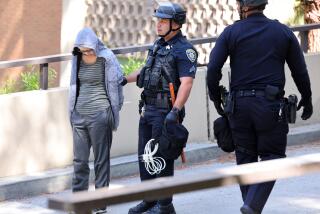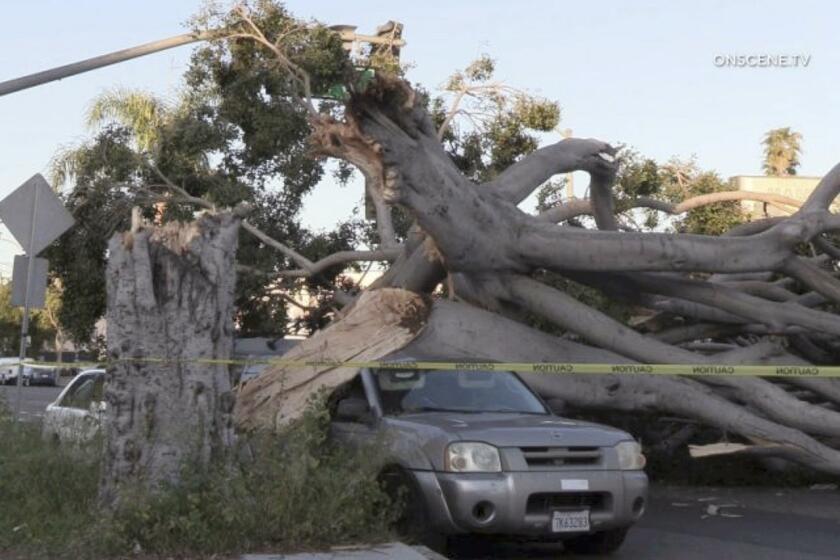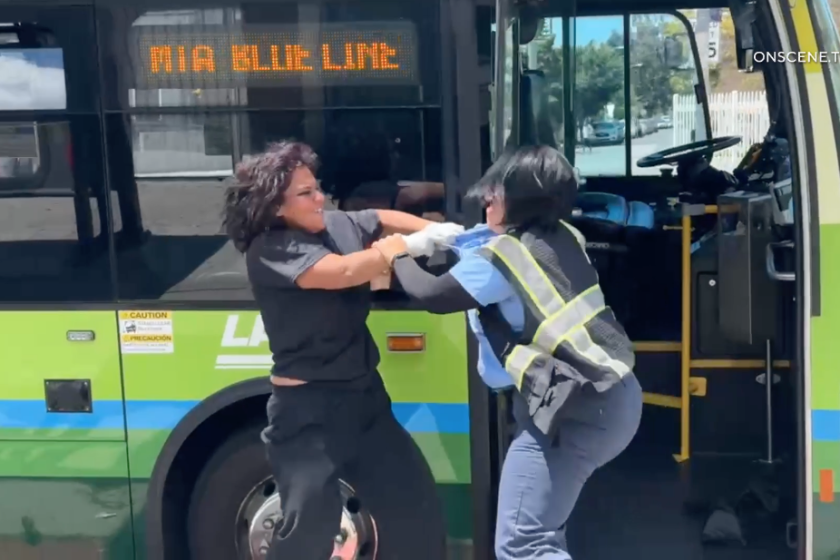Surfers May Get to Ride the Waves All Day
Surfers are one step closer to getting year-round, all-day surfing privileges at three city beaches.
For nearly 30 years, surfers have been banned from riding the waves during certain summer hours. But a panel--made up of surfers, homeowners and city officials--will submit a proposal to the city’s Parks, Beaches and Recreation Commission that would allow year-round surfing at each of the four-block areas.
If the proposal is adopted, it would end a practice known in the surfing community as “blackballing” on those beaches.
“It’s real simple and it’s not expensive,” said Bill Sharp, 34, a veteran surfer who organized the challenge of the current law and authored the proposal. “Everything is going to be the same except in these three areas a blackball flag will not go up.”
Since 1966, lifeguards have raised a yellow flag with a black ball in the middle to call surfers out of the water between noon and 4 p.m. from June 10 through Sept. 15. The ban was established to separate bathers from surfers in an effort to thwart injuries.
The recreation commission appointed the panel, which became known as the Blackball Revision Committee, after 120 surfers attended a meeting Aug. 1 to challenge the law, arguing that Newport Beach is the only coastal city without a year-round surfing area.
The committee compromised on a revised version of Sharp’s original proposal Tuesday night after deliberating over five proposals, some of which suggested making exclusive surfing areas.
Year-round areas would be created between the jetties on 36th and 40th streets, 44th and 48th, and 52nd and 56th streets.
“There was a feeling among the [Parks, Beaches and Recreation Commission] that it was time for a change,” said Kenneth Bonner, a commissioner and member of the panel. “Now we have to wait and see what the public thinks.”
The commission will consider the recommendation Sept. 5, and the City Council will weigh it at its Sept. 25 meeting.
John Blauer, acting marine safety captain and the Marine Division’s representative on the panel, said the city may have to spend up to $6,000 on signs and beach patrol if they become year-round surfing areas.
But Sharp said surfers and the surfing industry could raise the money to cover any extra costs.
More to Read
Start your day right
Sign up for Essential California for news, features and recommendations from the L.A. Times and beyond in your inbox six days a week.
You may occasionally receive promotional content from the Los Angeles Times.






